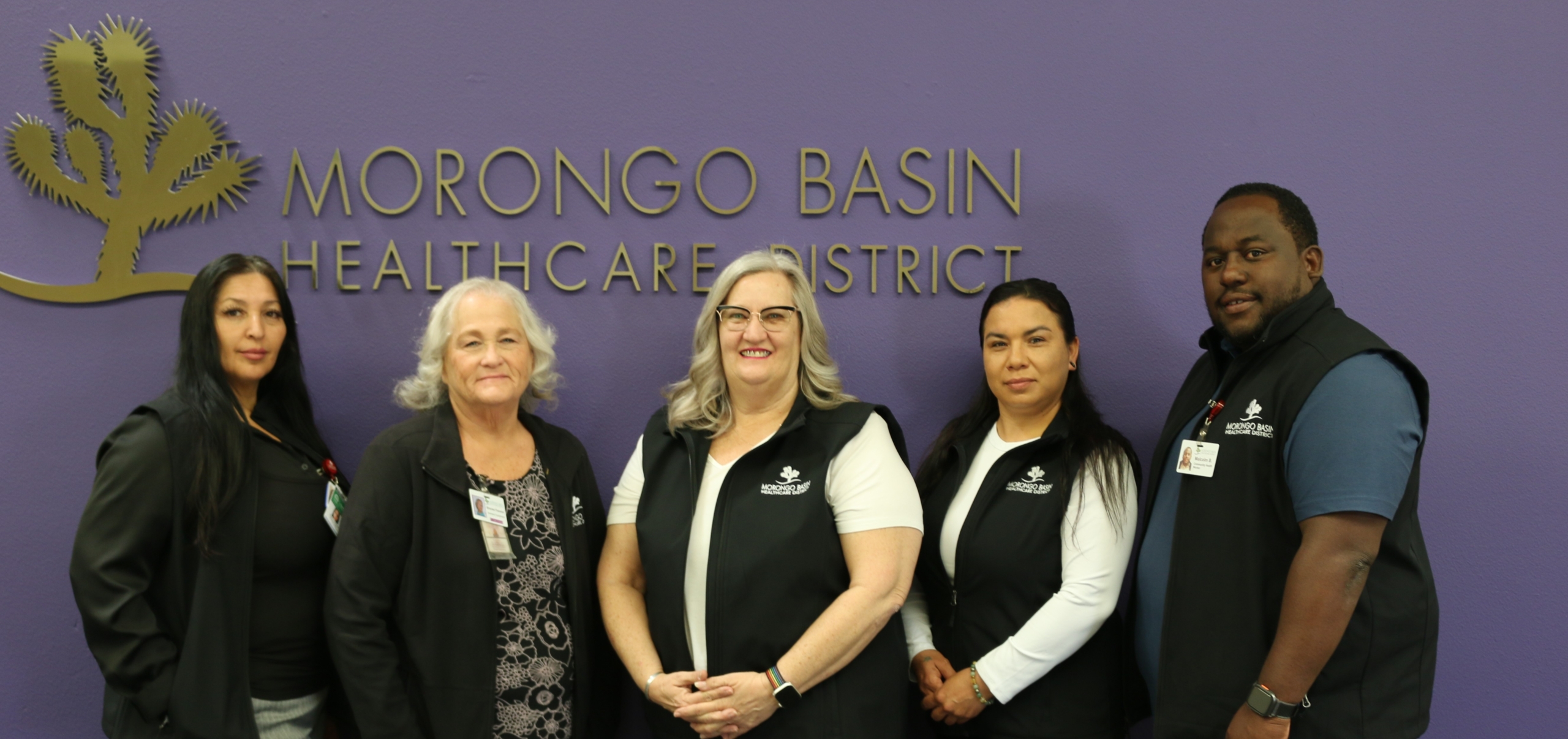
The Centers for Disease Control and Prevention (CDC) recommends everyone between the ages of 13 and 64 get tested for HIV at least once. You should be tested at least once a year if you have an ongoing risk for HIV. Sexually active gay and bisexual men may benefit from more frequent testing (every 3 to 6 months).

The Morongo Basin Healthcare District provides an education and outreach program called “Get Tested Morongo Basin”.
Knowing your HIV status gives you powerful information to keep you and your partner(s) healthy.
The sooner you know your status, the faster you can take action. If you do not have HIV, you can choose prevention strategies that work for you. If you test positive, you can begin a course of treatment. HIV treatment not only allows you access to a long, healthy life but also helps to prevent transmission of HIV to others.
The CDC recommends that everyone aged 13-64 get tested for HIV at least once as part of routine healthcare. If you are sexually active, you should talk to a health provider about how often you should get tested for HIV. A reasonable approach may include getting tested at least once a year.
In addition to testing, those with high risk factors look into a prescription for PrEP, or pre-exposure prophylaxis, which is medicine people at risk take to prevent HIV from sex or injection drug use. PrEP can stop HIV from taking hold and spreading throughout your body.
Currently, there are two FDA-approved daily oral medications for PrEP, a long-acting injectable form of PrEP has also been approved by the FDA. PrEP is highly effective at preventing HIV when taken as indicated.
If you test positive for HIV:
If you test negative for HIV:
People with ongoing risk should get tested frequently:
What is PrEP?
If you don’t have HIV but are at risk, PrEP, or pre-exposure prophylaxis, is medicine to prevent getting HIV from sex or injection drug use. PrEP can stop HIV from taking hold and spreading throughout your body. Currently, there are two FDA-approved daily oral medications for PrEP. A long-acting injectable form of PrEP has also been approved by the FDA. PrEP is highly effective at preventing HIV when taken as indicated. In addition to reducing the risk of getting HIV from sex by about 99% when taken as prescribed, among people who inject drugs, PrEP reduces the risk by at least 74%.
People with ongoing risk can prevent HIV by taking PrEP (pre-exposure prophylaxis) medication:
Meet our Outreach Team!

Our HIV outreach team attends community events and meetings to provide education on Sexually Transmitted Infections (STIs) and HIV. Hosting a community meeting or event you would like us to attend? We will provide an on-site presentation or 1:1 consultation. Call our outreach team at 760-365-9305, ext. 1514.
Want more information? Call 760-365-9192 to get a FREE, in-home HIV test kit.
Call to obtain an HIV test kit or to discuss HIV prevention or treatment.
Get informed. Talk with a healthcare provider. Prevention is key to avoiding HIV.
Helpful videos about HIV prevention and PrEP
This video is a concise HIV prevention education, including STDs, PrEP, needle use, and HIV.
This video is a great summary of self-test kit results, PEP, PrEP, and U=U.
This video is all about PrEP.

